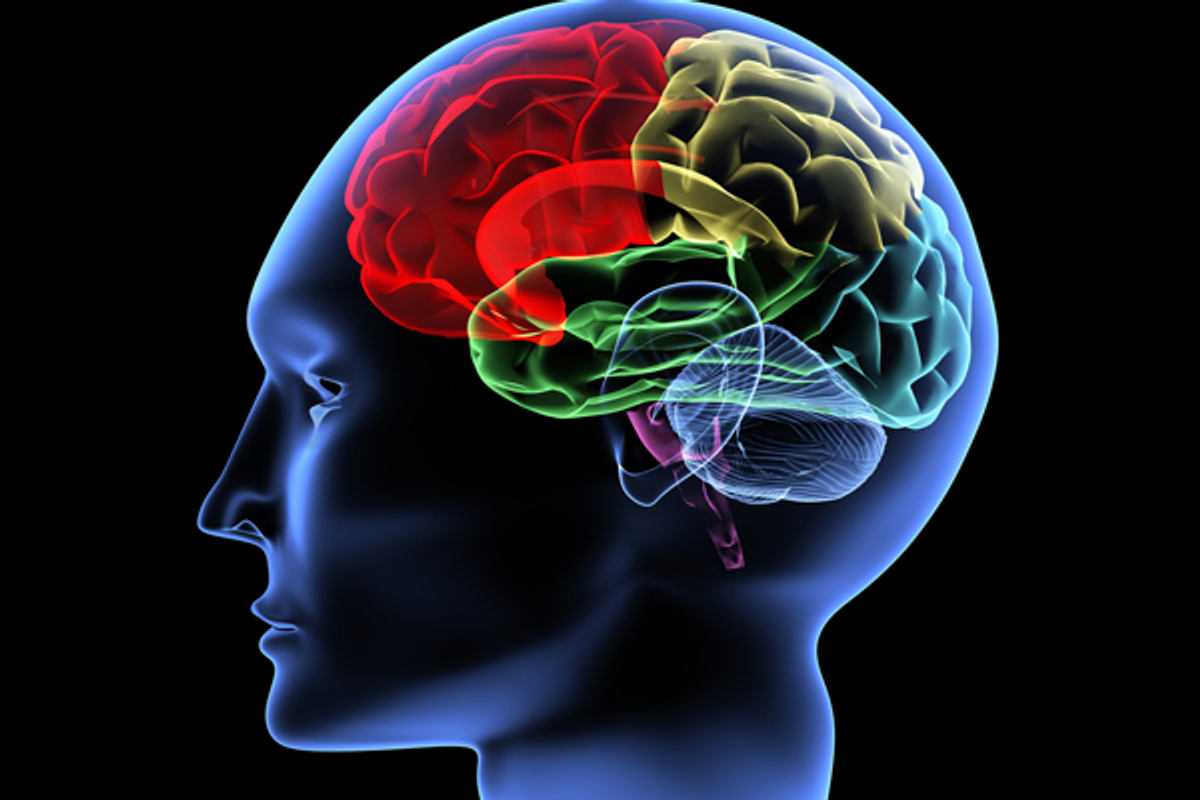British researchers have developed a simple blood test to identify "markers" of Alzheimer's disease that could mean earlier detection and more effective treatment for the millions diagnosed each year.
The test detects proteins in the blood that have been strongly linked with the degenerative disease, such as amyloid and APOE. Most notably, researchers say, proteins related to inflammation seem to be suggestive of the disease and have added to the promise of the test.
The University of Nottingham is now developing a test to perform in clinics, but it could be a decade before its ready to be used on patients.
"Our findings are exciting because they show that it is technically possible to distinguish between healthy people and those with Alzheimer's using a blood test. As blood tests are a fast and easy way of aiding diagnosis, we are really encouraged by these findings and the potential they hold for the future," Kevin Morgan, a professor at University of Nottingham involved in the study, told the BBC.
The test itself, Morgan says, could be a "cheap and easy pre-screen" that can detect Alzheimer's before a patient begins showing symptoms.
Morgan added that the test could give people a definitive diagnosis and help identify the most effective therapies for treatment.
It could also provide serious peace of mind.
"The way we see it working is you can test people and it will tell them if they have the all-clear, or if they are medium- or high-risk. If they are medium-risk, they can be monitored closely and high-risk patients can be referred to a specialist for more in-depth testing," he told the BBC.



Shares